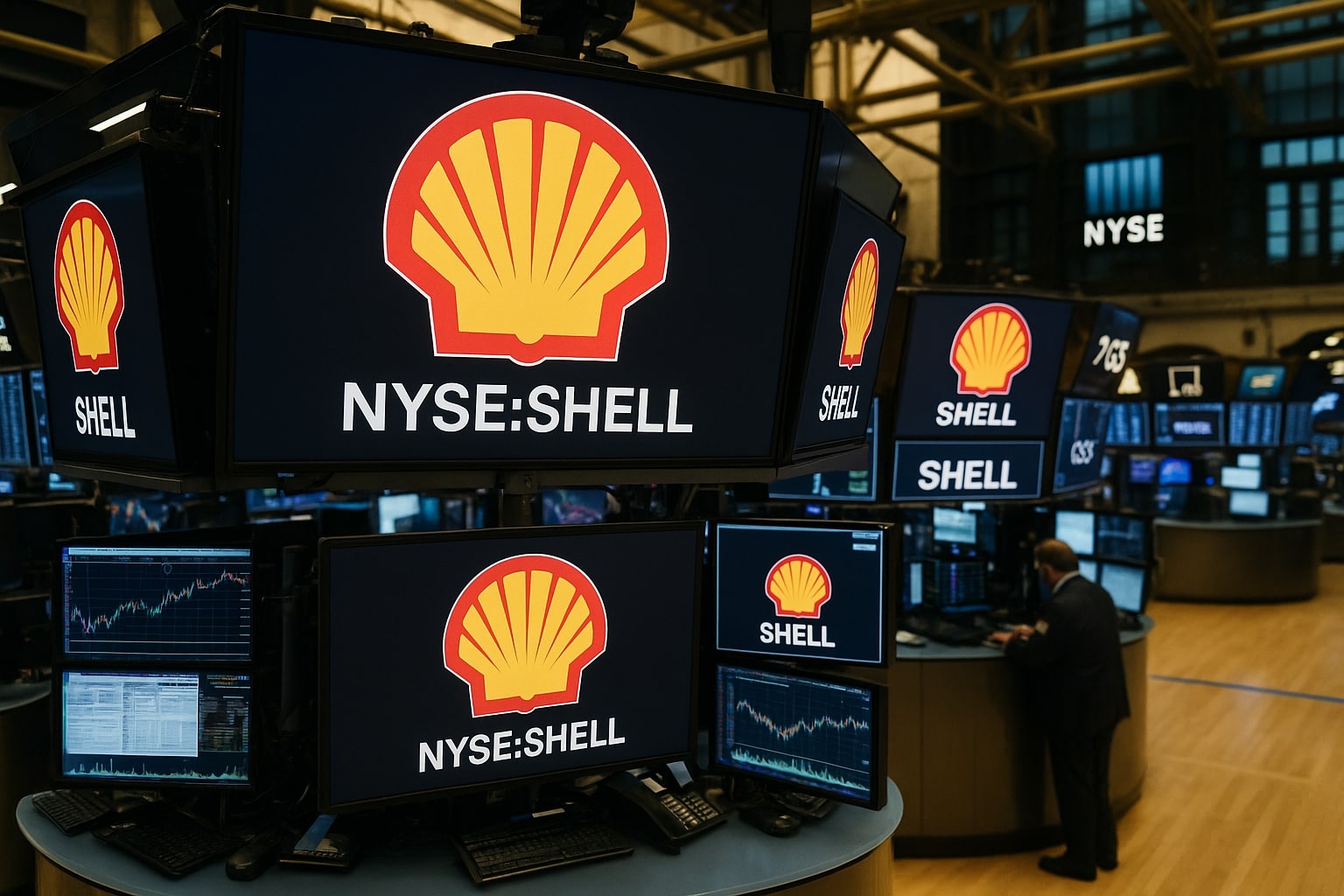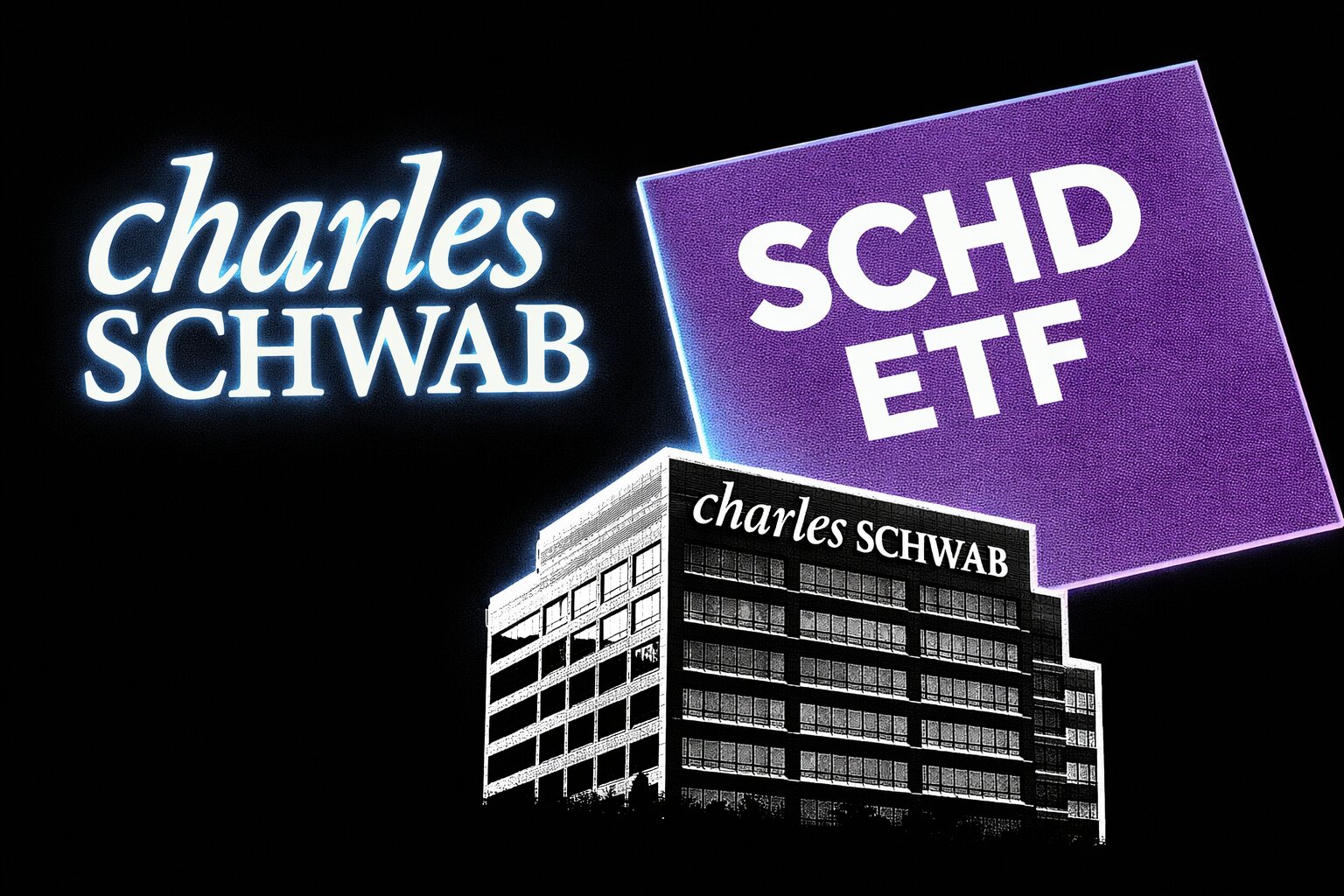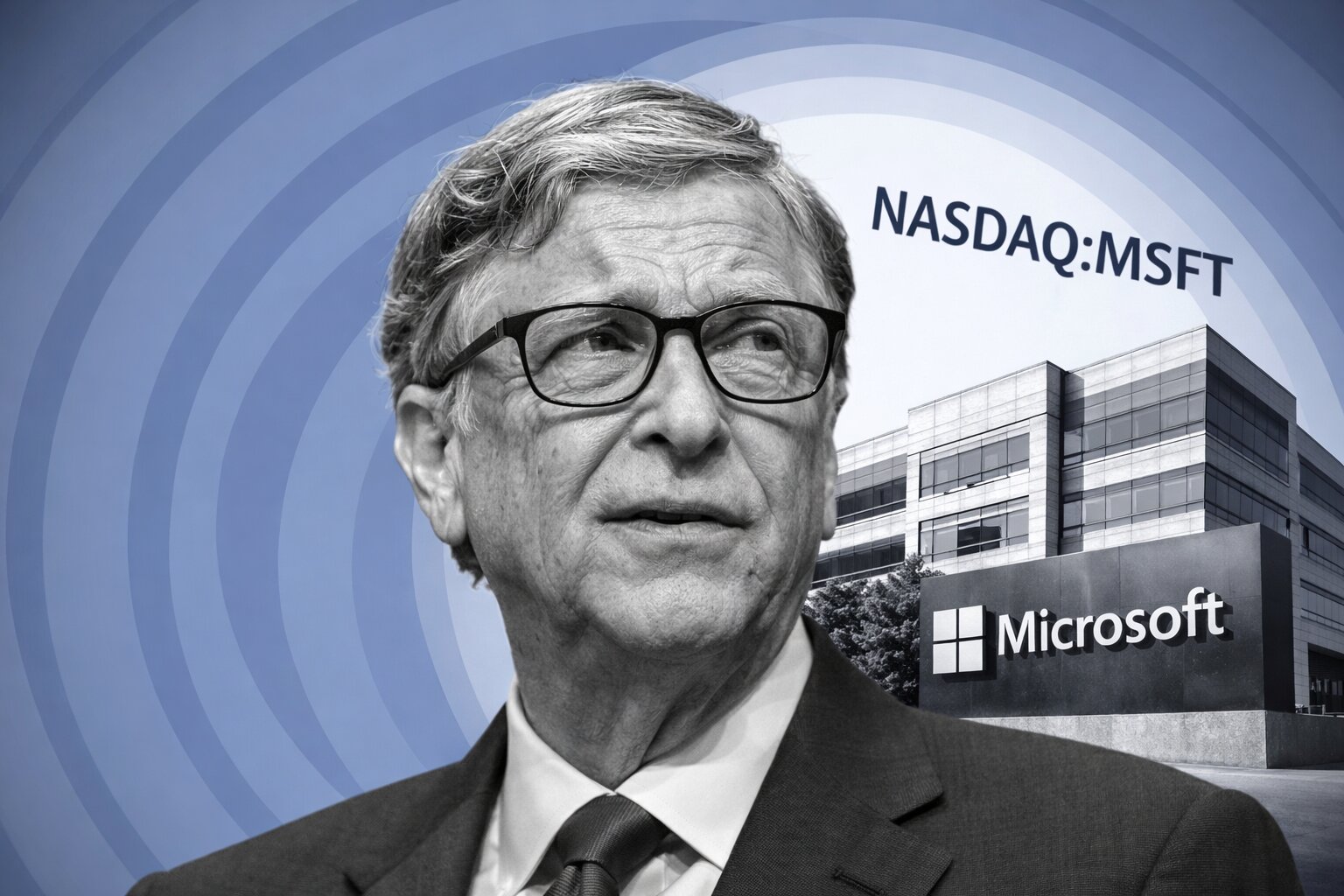Shell (NYSE:SHEL) and BP: A Potential Merger That Could Reshape the Energy Landscape
Shell's Robust Financial Position and Potential Acquisition of BP
Shell (NYSE:SHEL), a leading player in the global energy market, continues to exhibit a strong financial performance, with $4.8 billion in quarterly income and a manageable $41 billion in net debt. As the company prepares for future growth, its diversified portfolio remains a key driver of its success, especially in liquefied natural gas (LNG), where it holds one of the largest positions in the industry. Despite a weaker oil price environment, Shell has shown resilience through its free cash flow (FCF) generation and capital investments, which are set at $20 billion annually.
Shell's commitment to shareholder returns, which includes a 4% dividend yield and substantial share buybacks, remains a hallmark of the company's strategy. These shareholder returns are sustainable even with $50 per barrel Brent prices, positioning Shell to continue rewarding investors despite volatility in the global oil market. In addition, Shell's strong segment performance in integrated gas and renewables highlights the company's adaptability in diversifying away from traditional oil production.
Rumors of a Shell-BP Merger: Strategic Synergies and Market Impact
The rumor of a potential acquisition of BP by Shell has sparked significant interest among investors. Though still speculative, Shell's CEO Wael Sawan has hinted at the possibility of a BP acquisition, and media reports suggest Shell is evaluating the opportunity. Should this acquisition move forward, it could present substantial synergies, particularly in shared assets such as the Ursa platform in the Gulf of Mexico and the Abu Dhabi Ruwais LNG project, where both companies have strong positions. The combination of these assets could enhance Shell's market position, particularly against U.S.-based supermajors like Exxon Mobil (XOM) and Chevron (CVX), which have seen significant growth in recent years.
The potential deal would likely come with a 20% premium, implying a valuation of approximately $90 billion for BP. This could bring Shell’s total valuation for the acquisition to around $117 billion, nearly half of Shell's current market cap. Financing this acquisition through a mix of stock and debt seems feasible for Shell, with BP's net debt adding to the total deal value.
Financial Strategy and Feasibility of a Shell-BP Deal
Shell’s strong free cash flow, which reached $47 billion last year, provides ample room to absorb the additional debt required for such a deal. A mixed cash-and-stock deal would help mitigate potential dilution while allowing Shell to maintain financial stability. The $45 billion in debt that would be incurred would be manageable given Shell's cash generation potential and the additional synergies the combined entity would bring.
Additionally, Shell’s historically low gearing level and impressive free cash flow generation, even in a challenging market environment, make it well-positioned to handle the increased debt load. The integration of BP's upstream and refining capabilities, combined with Shell's robust LNG portfolio, could create a formidable force in the energy sector, increasing production capacity while capturing cost efficiencies from the merger.
Potential Shareholder Impact: A Win-Win for Both Shell and BP Investors
For BP shareholders, a takeover by Shell could provide a substantial takeover premium, which would likely be well-received given BP’s recent underperformance, including a 25% drop in share price over the past year. The merger could bring together Shell’s superior management team, which could potentially unlock greater value from BP’s assets. The synergies from combining Shell and BP’s complementary operations, especially in the Gulf of Mexico and LNG, could drive further value for shareholders on both sides.
In terms of financial returns, Shell's commitment to share buybacks of more than $3 billion per quarter for the past 14 years, alongside its dividend policy, is expected to continue, even if BP becomes part of the company. The combined entity could result in increased shareholder distributions, potentially benefiting both companies’ investors, with Shell’s strong track record of shareholder returns poised to continue.
Long-Term Outlook for Shell and BP Investors
Whether Shell proceeds with the acquisition of BP or not, both companies remain strong standalone investment opportunities. Shell’s diversified energy portfolio, strong balance sheet, and commitment to returning capital to shareholders make it an attractive choice for long-term investors. With Brent crude prices currently sitting at $60 per barrel, Shell’s ability to maintain its dividend and share buybacks remains a testament to its resilience.
For investors considering Shell, the potential acquisition of BP could further strengthen the company’s position in the energy market, particularly in the wake of continued global trade tensions and geopolitical risks. As Shell continues to diversify its business, its role in the global energy transition and its strategic investments in LNG and renewables provide long-term growth potential.
Investment Decision: Is Shell a Buy, Sell, or Hold?
Given Shell's strong financial performance, robust portfolio of assets, and commitment to shareholder returns, we believe Shell is a strong buy for long-term investors. The NYSE:SHEL stock is well-positioned to weather the cyclical nature of the oil market, with its diversified energy portfolio providing stability. Whether the Shell-BP merger happens or not, Shell’s growth prospects, coupled with its strong capital return policy, make it an attractive investment.
For more detailed information on insider transactions, visit Shell Insider Transactions.
Stock Profile: To track real-time NYSE:SHEL performance, check out Shell Real-Time Chart.



















